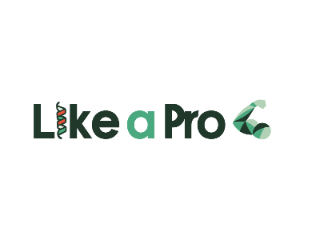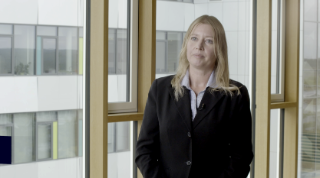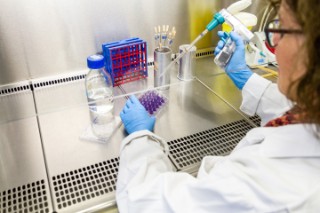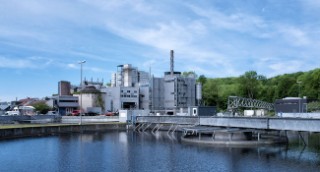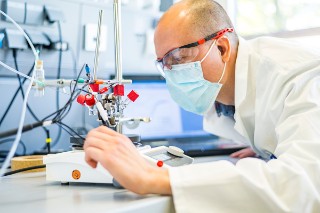Fraunhofer at MEDICA/COMPAMED 2022 / 2022
Cost-effective alternative to a PCR test
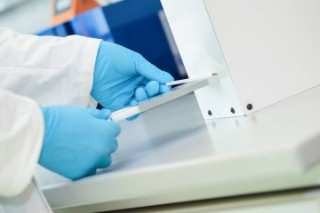
Speed or accuracy? As far as COVID-19 tests go, this was the choice you had to make. In the future, this dilemma could be a thing of the past. The Pathogen Analyzer combines the advantages of PCR testing and rapid antigen testing – it provides a reliable result after only 20 to 40 minutes. In not too long, this assay will be able to simultaneously detect up to 11 other pathogens. A demonstrator of the system will be exhibited at the MEDICA trade fair in Düsseldorf from November 14 to 17, 2022 (Hall 3, Booth E74/F74).
more info Fraunhofer Institute for Interfacial Engineering and Biotechnology IGB
Fraunhofer Institute for Interfacial Engineering and Biotechnology IGB